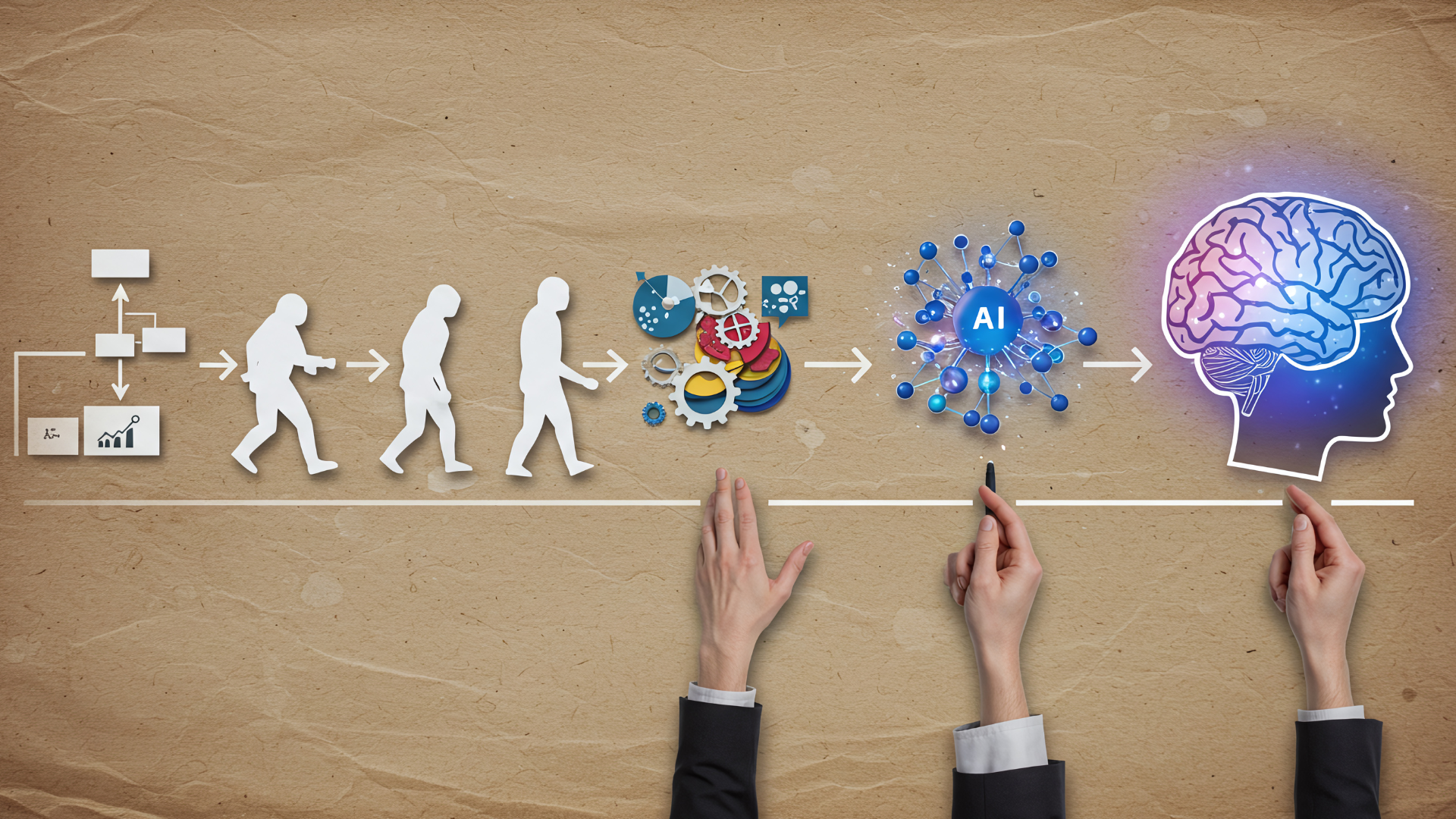
Poker keeps evolving fast under digital transformation. Players now expect instant responses, fairness, and immersive features once seen as futuristic.
Developers are racing to deliver with AI, blockchain, VR, AR, and high-speed networks. Nearly 42% of global poker games took place online in 2023, fueled by mobile-ready platforms and constant innovation. Operators compete fiercely, each betting on the next breakthrough that could redefine the game.
Artificial intelligence is at the heart of this shift. Around 68% of major poker platforms use AI to personalize play, spot behavior patterns, and tailor promotions. Just as crucial, AI helps detect collusion, chip dumping, or cheating in real time, while chatbots support players across languages.
Behind the scenes, analytics monitor suspicious activity, and test bots stress-check fairness. Together, these tools raise standards for security and engagement, leaving open the question of whether AI is poker’s ultimate game-changer or just one step along the way.
Blockchain and cryptocurrency bring security and transparenc
Blockchain technology is turning poker online platforms into verifiable and tamper-resistant ecosystems. By recording every hand, bet, and transaction on decentralized ledgers, providers promise complete transparency.
Players independently audit gameplay—drawing confidence from blockchain’s immutable structure. Several operators now use smart contracts to automate payouts, reduce disputes, and offer real-time settlement.
Meanwhile, there’s this whole wave of crypto integration happening as well. Most players who dabble with it seem to like how deposits and withdrawals take just minutes—not days. That’s a perk. Fees? Those might be a little lower too, since you’re moving digital coins straight from wallet to wallet.
It is estimated that over 30% of online poker players are going crypto, driven in part by a desire for a bit of privacy, a little freedom from location-based restrictions. For operators, there’s a compliance side, too—blockchain keeps a record of everything, making official audits way less of a headache.
Some argue all of this could lay the groundwork for a new baseline of fairness. Maybe it’s a standard the industry eventually comes to expect; then again, tech evolves so quickly, the real test will be how players respond over time.
Virtual reality and immersive environments
Stepping into a modern online poker room can feel almost uncanny. VR and AR—these aren’t just buzzwords anymore. Inside the best-equipped platforms, you’ll find virtual tables, avatars shifting in their seats, people talking, laughing (well, or bluffing, which looks the same on camera).
Some of the setups let you create your own lounge in 3D, meet people from pretty much anywhere, and, for those leaning into the theater of poker, try reading nervous hand gestures.
In just the past year or so, multiplayer VR tables started popping up that enable voice chats and realistic sound—little touches that, maybe, help bring a few more regulars to the higher-stakes games.
On top of that, AR brings some playful extras to familiar formats: live leaderboards, animated chips, stats displayed across the table—except, somehow, it doesn’t feel crowded on the screen. The extra immersion seems to have a real effect on how long people stick around at the tables.
New folks, meanwhile, are finding it easier to join thanks to interactive AR tutorials—sort of like having a tour guide whispering over your shoulder.
As the price of headsets trickles down and people become more comfortable with these gadgets, it wouldn’t be a stretch to imagine VR and AR becoming an everyday part of digital poker… or at least, something a lot more common than it used to be.
Globalization and data-driven engagement transform accessibility
What’s striking these days is how borderless online poker has (almost) become. With platforms hosting games in so many countries, it’s sometimes hard to keep track. Part of that comes down to technology centralizing and smoothing out translation and regional compliance.
Automated translators—often AI-backed—are now good enough to let players chat, finalize deals, and sort out disagreements without much friction or delay. A 2024 report noted that for 82% of surveyed players, language isn’t really an obstacle in the major tournaments anymore.
Beneath it all, the technical side has leveled up, too—lag is less likely to spoil the action, even on those nights when servers are swamped. Analytics working backstage keep the offers fresh and events personalized (well, at least that’s the idea; how well it works for every player is up for debate).
There’s also a push for new reward models, like play-to-earn schemes and bite-sized microtransactions, to see what keeps players coming back. Site design these days seems just as much about smart localization and regulation as about game variety.
If anything, the reach of online poker continues to stretch, setting new standards—not always perfectly, but the progress is hard to miss, similar to how other digital platforms keep evolving.
Responsible gambling must remain a priority
It’s easy to get caught up in the tech and new features, but—and let’s not skim past this—safety still matters. With all that player engagement, having tools for responsible gambling isn’t just a side note. AI, again, has a role here, flagging patterns that might suggest risky habits and nudging players or intervening when needed.
Platforms also offer a whole menu of self-imposed controls: deposit caps, time-outs, reality check reminders, and—when it’s necessary—the option for self-exclusion, all combined with live support if things get tough.
Regulators are nudging for more openness around odds and seamless, secure payments, plus plain and accessible info at every turn.
As new gadgets and methods roll out, the challenge will be making sure safety measures grow at the same pace. Playing responsibly shouldn’t be just a policy—it needs to show up, quietly and reliably, in the nuts and bolts of every poker online experience.
